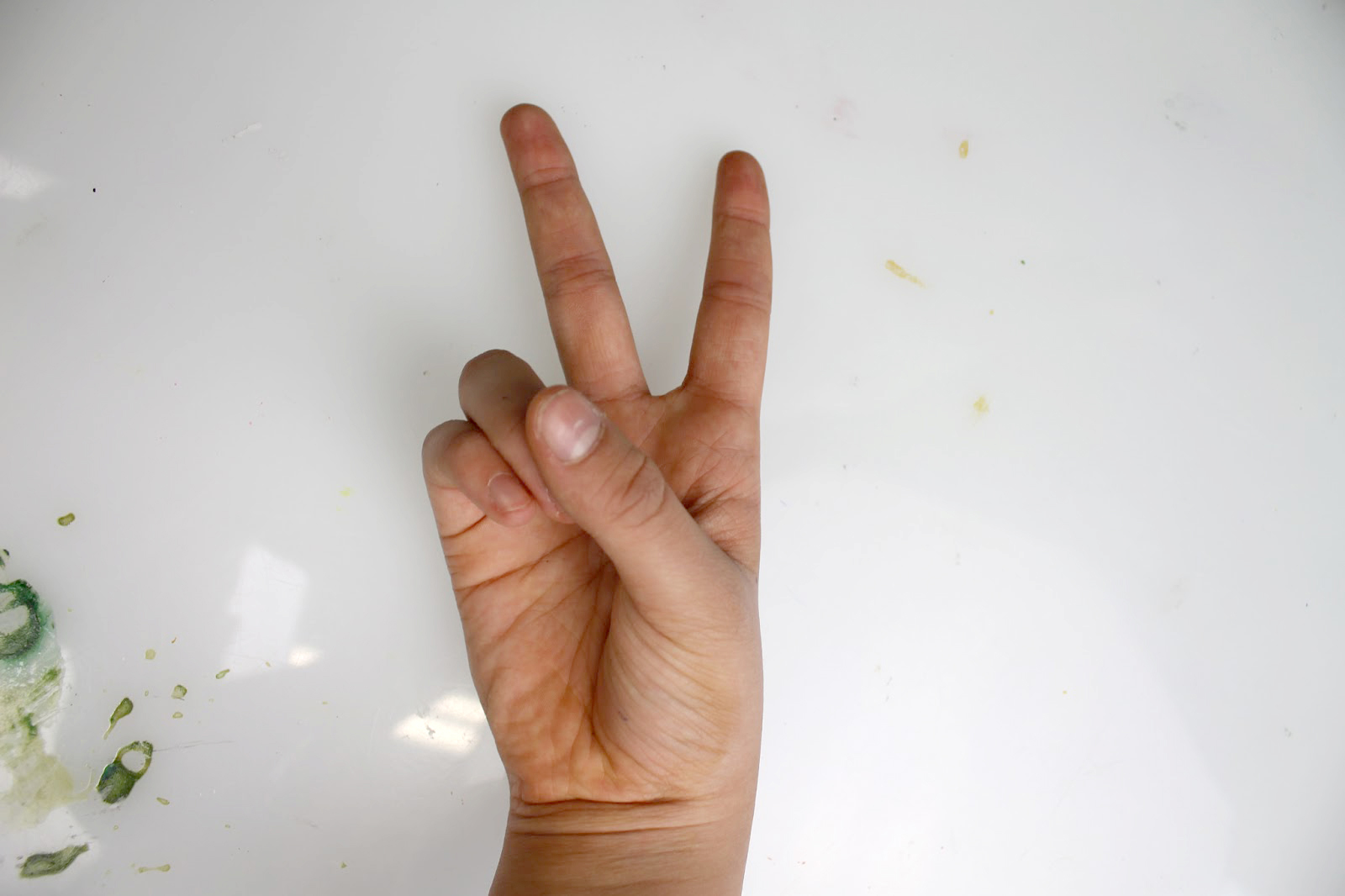It is essential in all our dissemination to help our guests to train the ability to keep dialogue and to see the different perspectives and nuances.
Dissemination to schools
We consider working with schools to be our most important task, trying to offer programmes to schools throughout the vast Northern region. Those who can travel are invited to visit us in Narvik to participate in educational programmes ranging from WWII-history to simulations to enhance understanding of democracy. Classes that cannot make the journey are offered visits in schools by road show-personnel and learning resources to be used in schools. We regularly cooperate with other organisations to make learning resources for schools.
Non-formal learning
By non-formal learning we mean learning that is not set within the formal limitations given by the educational system. Training courses in conflict resolution for youth workers is one example. Hosting of young volunteers is another. We have facilitated over 100 long-term exchanges for young people through European Volunteer Service (EVS). We have a wide network of cooperating institutions at home and abroad and most courses are financed through the Erasmus+ programme. We usually facilitate 5-8 training courses and youth exchanges at home and abroad with 20-30 participants from 4-12 countries. More information on non-formal learning.
Dissemination and other projects with a general audience
There is always a range of projects in the pipeline and we are always searching for the next new exiting project to implement. Here are examples of things we have done:
- Travelling exhibitions
- Excursions
- Guided tours in- and outside the museum
- Books
- Cartoons
- Thematic booklets
- Temporary exhibitions
- Seminars
- Lectures
- Films
- Art projects
- Information in memorial sites
